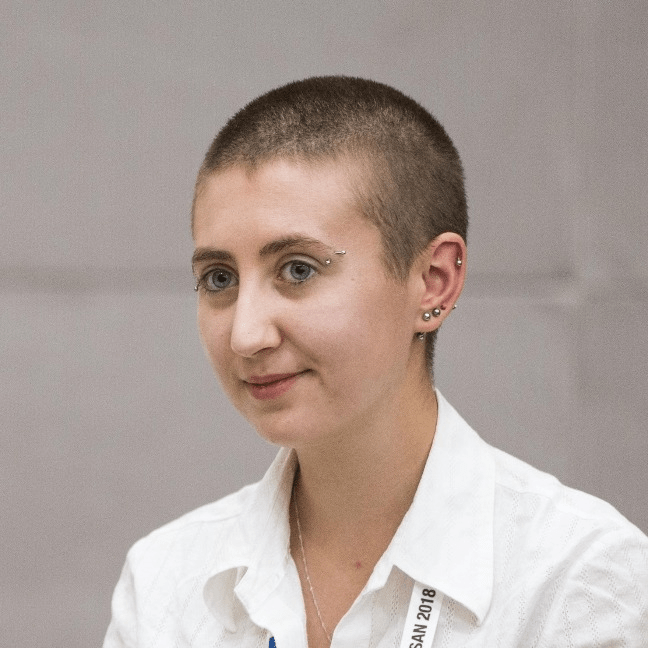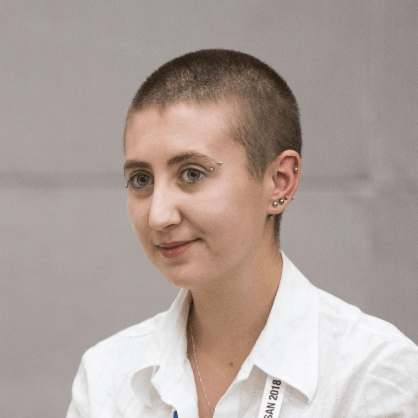
How long have you worked at RACE?
I’ve only been here since the 21st of September last year. I started my career as an apprentice in the chemical engineering sector, before going on to do my degree at London Southbank. This consisted of day release from my job, evenings and weekends, which meant I was able to work and study.
How did you find out about the role?
I was working on a project with ITER at another company and so I’d heard about RACE, as there’s not many companies that do this sort of thing! I really wanted to further my work in fusion because that was where my passion was. I kept an eye open for jobs at UKAEA and saw that they were advertising for electrical engineers.
What’s your role within the team?
I oversee the electrical aspects across the ITER program at RACE. That’s every project through the whole of its lifecycle, looking out from a scoping point of view and how much of an electrical input it actually requires. Then assigning resources to different projects and monitoring the electrical engineers that I manage, offering support and advice with their work. I also work with the control and software team and the mechanical engineers.
What is it about the role that you have enjoyed most so far?
I went to an open evening years ago and saw MAST and JET and knew that I wanted to work at UKAEA one day. Then when I heard about RACE specifically, I knew that was the exact area that I wanted to work in. It’s in the field that I really love and it’s such a welcoming environment, in terms of diversity and inclusion. Someone outside of UKAEA best described RACE by saying ‘it’s like the Google of the nuclear world’, it’s all very forward thinking.
You joined during these unusual times. How has that been?
It’s definitely been interesting. One of the funny things is that I’ve met all of our team virtually but am yet to meet them in person. Luckily, I was quite used to working from home as I’d been doing it for six months prior in my previous job. Whereas, with a lot of the graduates this is their first ever job and it’s been such a different experience for them.

How long have you worked at RACE?
I’ve only been here since the 21st of September last year. I started my career as an apprentice in the chemical engineering sector, before going on to do my degree at London Southbank. This consisted of day release from my job, evenings and weekends, which meant I was able to work and study.
How did you find out about the role?
I was working on a project with ITER at another company and so I’d heard about RACE, as there’s not many companies that do this sort of thing! I really wanted to further my work in fusion because that was where my passion was. I kept an eye open for jobs at UKAEA and saw that they were advertising for electrical engineers.
What’s your role within the team?
I oversee the electrical aspects across the ITER program at RACE. That’s every project through the whole of its lifecycle, looking out from a scoping point of view and how much of an electrical input it actually requires. Then assigning resources to different projects and monitoring the electrical engineers that I manage, offering support and advice with their work. I also work with the control and software team and the mechanical engineers.
What is it about the role that you have enjoyed most so far?
I went to an open evening years ago and saw MAST and JET and knew that I wanted to work at UKAEA one day. Then when I heard about RACE specifically, I knew that was the exact area that I wanted to work in. It’s in the field that I really love and it’s such a welcoming environment, in terms of diversity and inclusion. Someone outside of UKAEA best described RACE by saying ‘it’s like the Google of the nuclear world’, it’s all very forward thinking.
You joined during these unusual times. How has that been?
It’s definitely been interesting. One of the funny things is that I’ve met all of our team virtually but am yet to meet them in person. Luckily, I was quite used to working from home as I’d been doing it for six months prior in my previous job. Whereas, with a lot of the graduates this is their first ever job and it’s been such a different experience for them.